Supreme Court Justice Clarence Thomas has shown his disapproval of the Brown vs. Board of Education ruling 70 years after it happened.
The ruling maintained that children could not be separated based on their race and should be fully integrated. However, reports have shown that over the last 3 decades, school children are becoming even more racially separated than ever before.
Brown vs. Board of Education (1954)

The Brown vs. Board of Education ruling happened in 1954 and is considered a ruling of historical importance, stating that separating children based on race is unconstitutional.
It was seen as a violation of the 14th Amendment. This marked the end of the “separate but equal” principle enacted in the Plessy v. Ferguson case in 1896. It also meant that segregation was no longer legal in U.S. schools.
Clarence Thomas Said the Court Overstepped Its Power
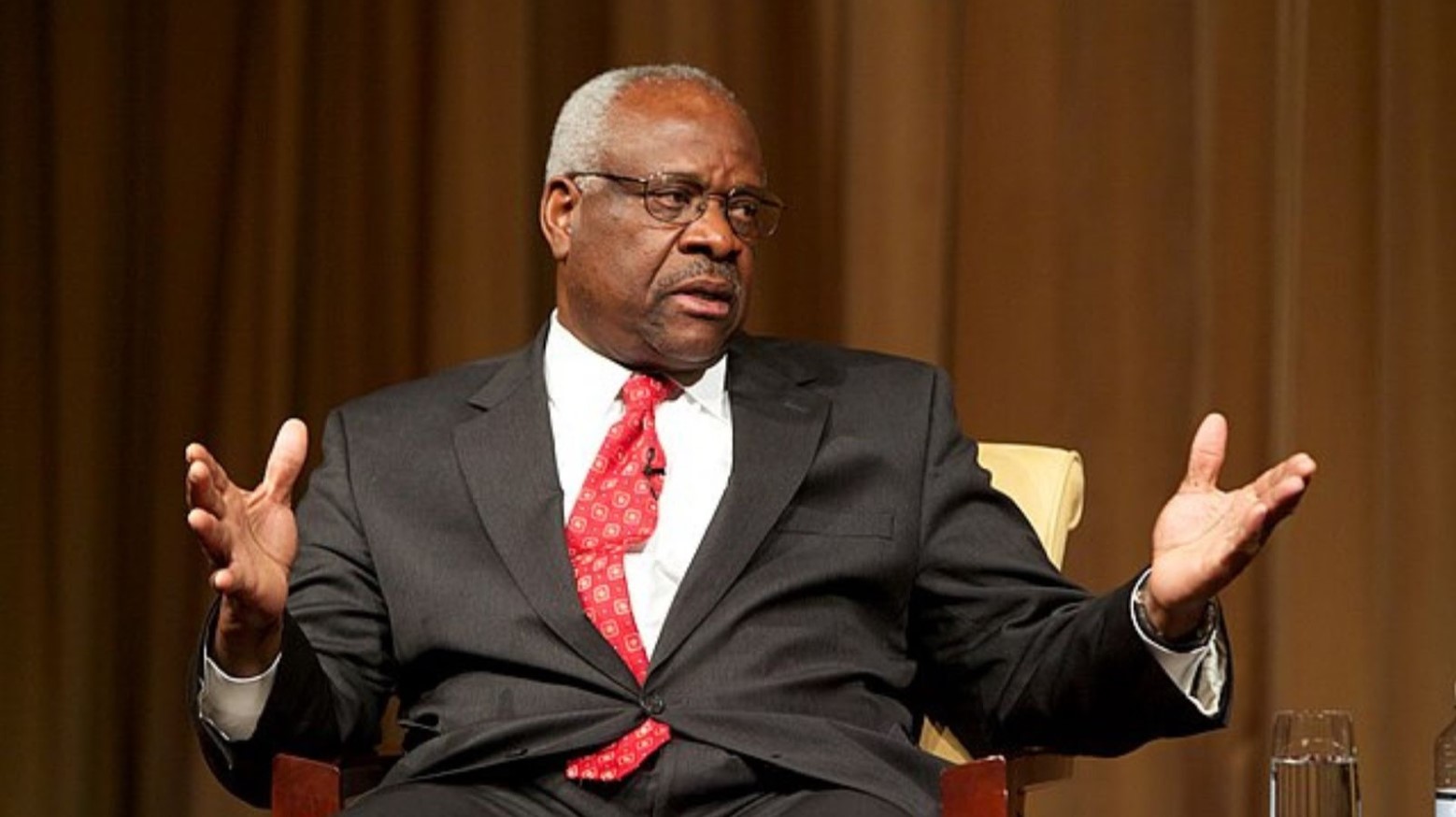
May 2024 marked the 70th anniversary of the landmark ruling. However, Thomas decided to use this opportunity to speak out against it, saying that he believed the court involved in this ruling overstepped its power.
He also claims that the court took a “boundless view of equitable remedies,” which were overusing their power to put an end to racial segregation in the 1950s and 60s.
Federal Courts Have Limited Power

Thomas also argued that the federal court at the time shouldn’t have made this landmark decision because it supposedly had limited power.
He mentions them having limited power to provide equitable relief and that they don’t have the flexible power to invent any new remedies, no matter how useful they might seem at that moment in time.
Brown vs. Board Wasn’t Backed up by the Constitution
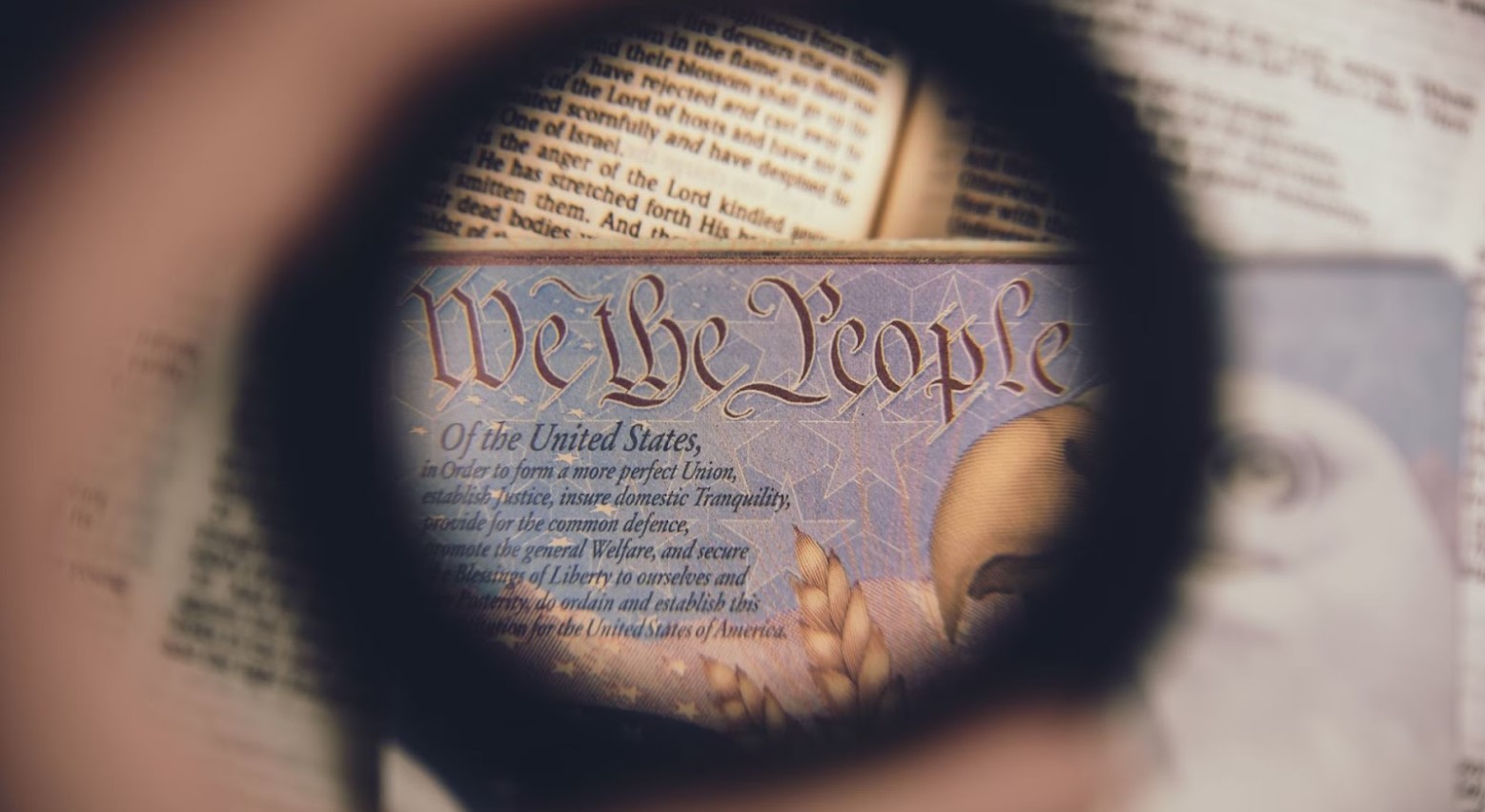
Despite the ruling at the time saying that separating children due to their race was a violation of the 14th Amendment of the U.S. Constitution, Thomas says otherwise.
He says that the decision wasn’t backed up by the Constitution or the history and tradition of the U.S. in what appeared to be a tit-for-tat moment for the Supreme Court Justice.
South Carolina Bias Against Black Voters

Thomas’ comments came during a Supreme Court ruling involving South Carolina and black voters. The case initially occurred because a civil rights group claimed that a district in the Palmetto State had been limiting the influence of black voters.
The case was thrown out of court, which is a decision that Thomas agrees with. However, he did make the point that he doesn’t think courts have the constitutional authority to get involved with these things.
White and Black Voters Were Moved Around
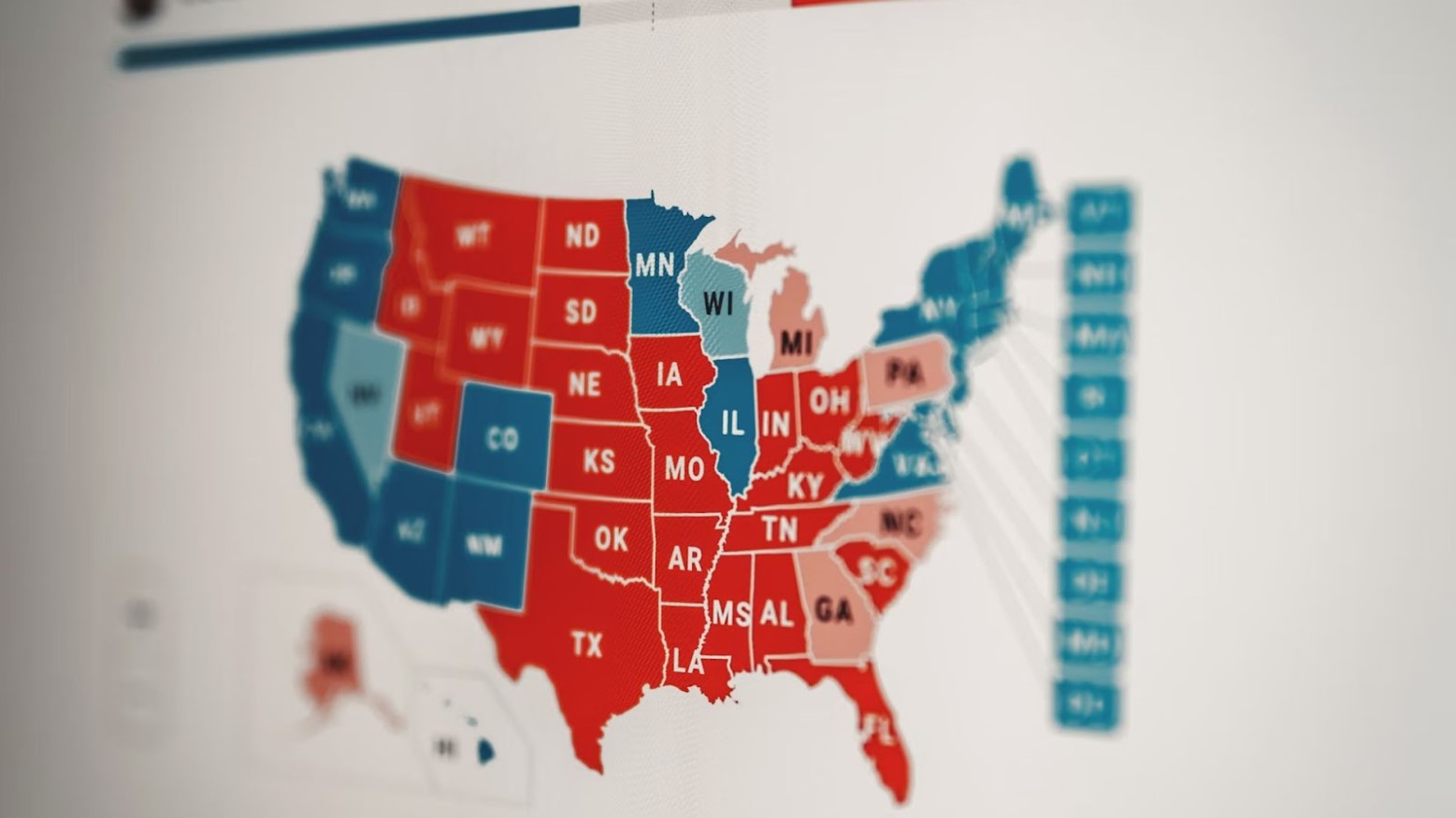
The South Carolina congressional district was becoming competitive for Democrats, so after the 2020 census, the GOP-controlled Legislature began moving voters in and out of its district.
Thousands of black residents ended up being moved out of the district and into other areas, and white residents were then moved in to replace them. Voting rights advocates claimed this violated the 14th Amendment, so they sued.
Samuel Alito Is Also Under Scrutiny
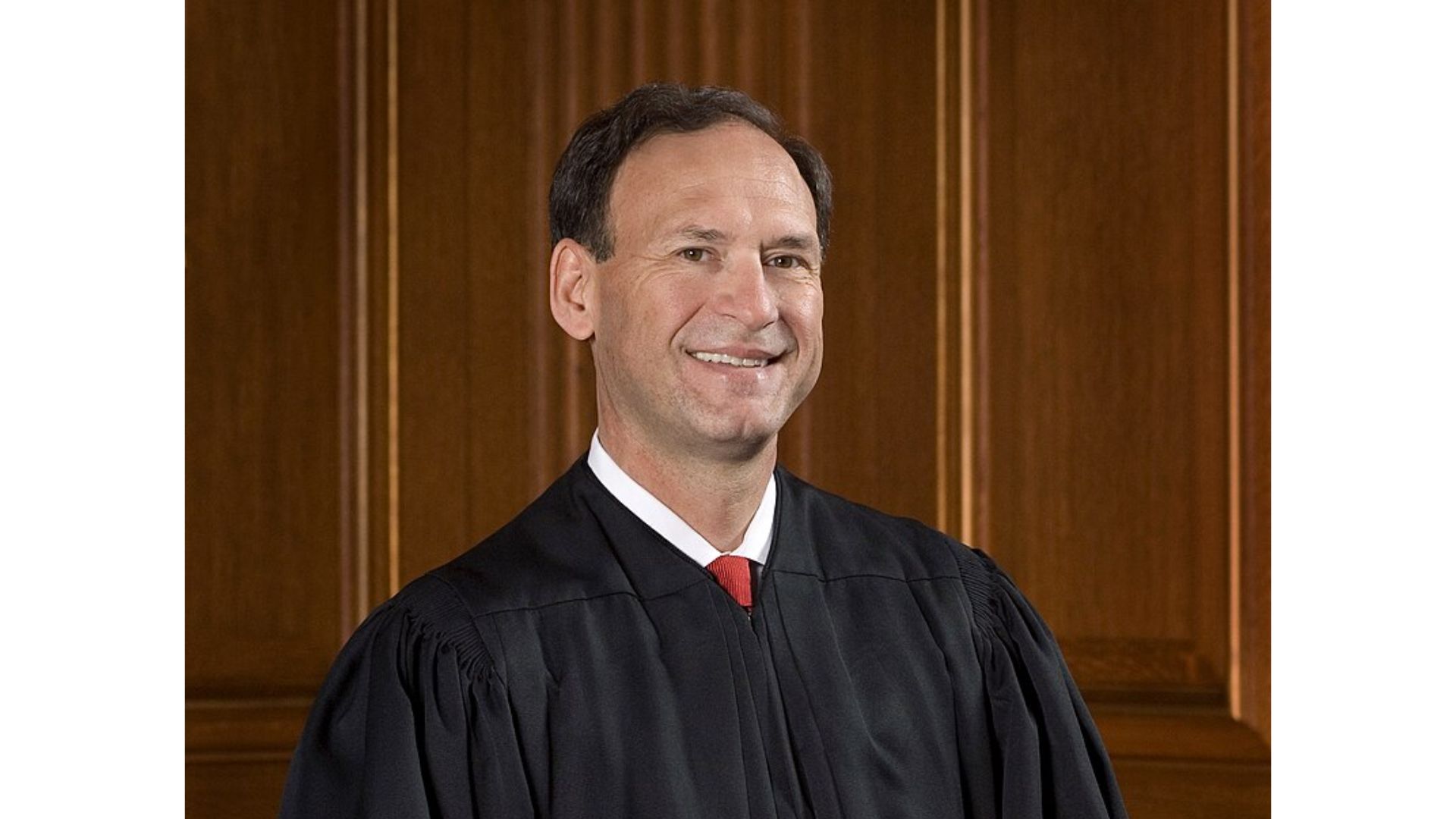
Samuel Alito is another Supreme Court Justice who has been put under scrutiny and was also involved in the South Carolina case. He ruled that the civil rights group hadn’t established that the gerrymander was racial and not partisan.
Experts have said that this ruling could potentially make it easier for other states to exclude black voters in one way or another and that it seems the country is going backward instead of forward in terms of race.
Political Issues Should Remain Political Issues
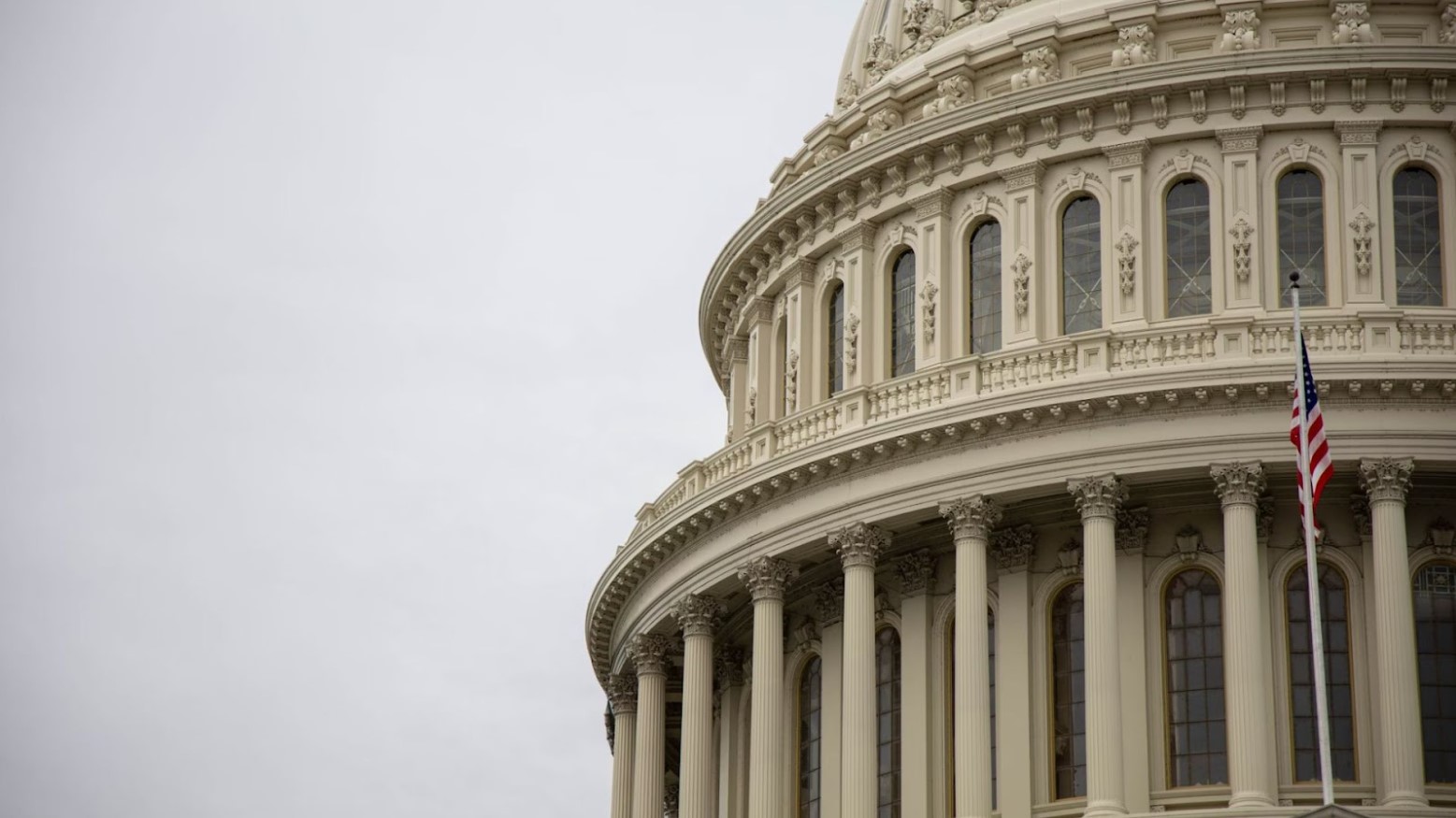
Thomas is under the impression that political issues should remain as political issues, which in this case, he is claiming that race falls under.
He believes that courts of all jurisdictions should stick to criminal matters and politicians should stick to political matters. The two worlds intertwining shouldn’t be happening.
Race Isn’t to Blame for Everything

Seemingly wanting to dig himself into a hole further, Thomas has said that he believes race isn’t to blame for everything and that people should stop trying to make it to blame, regardless of the reason why.
During the case of Adarand Constructors Inc. vs. Peña, Thomas maintained that the government’s aim to help ethnic minorities that were seen as being disadvantaged was another form of racial discrimination.
A New Map Needs to Be Drawn

Many of these arguments and court cases are based on political maps and voting lines, known as congressional maps. Thomas believes that due to the disagreements and court cases that have been happening for decades, a new map needs to be drawn.
He believes the person potentially drawing a new map shouldn’t be someone from the federal court. Instead, that person should be part of the state legislature.
The 14th and 15th Amendments Are Pointless
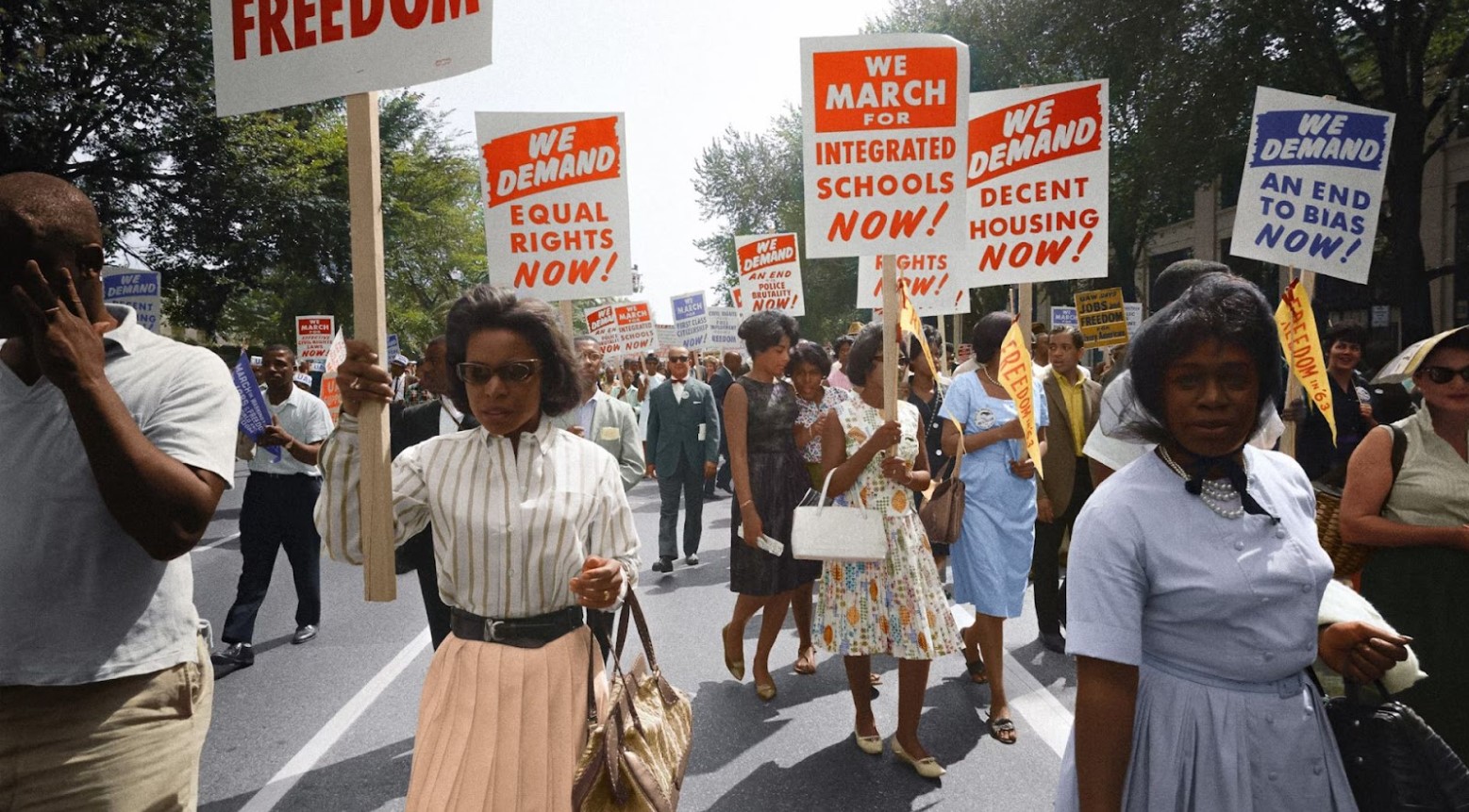
Thomas views the 14th and 15th Amendments as pointless. These amendments guarantee equal protection and outlaw race-based voting discrimination.
As far as he sees it, as long as a black person can cast their vote, it is Constitutional and does not matter if it is meaningless in practice. Thomas has made some pretty controversial comments and statements over the years, which has meant many continuously view him less favorably.
